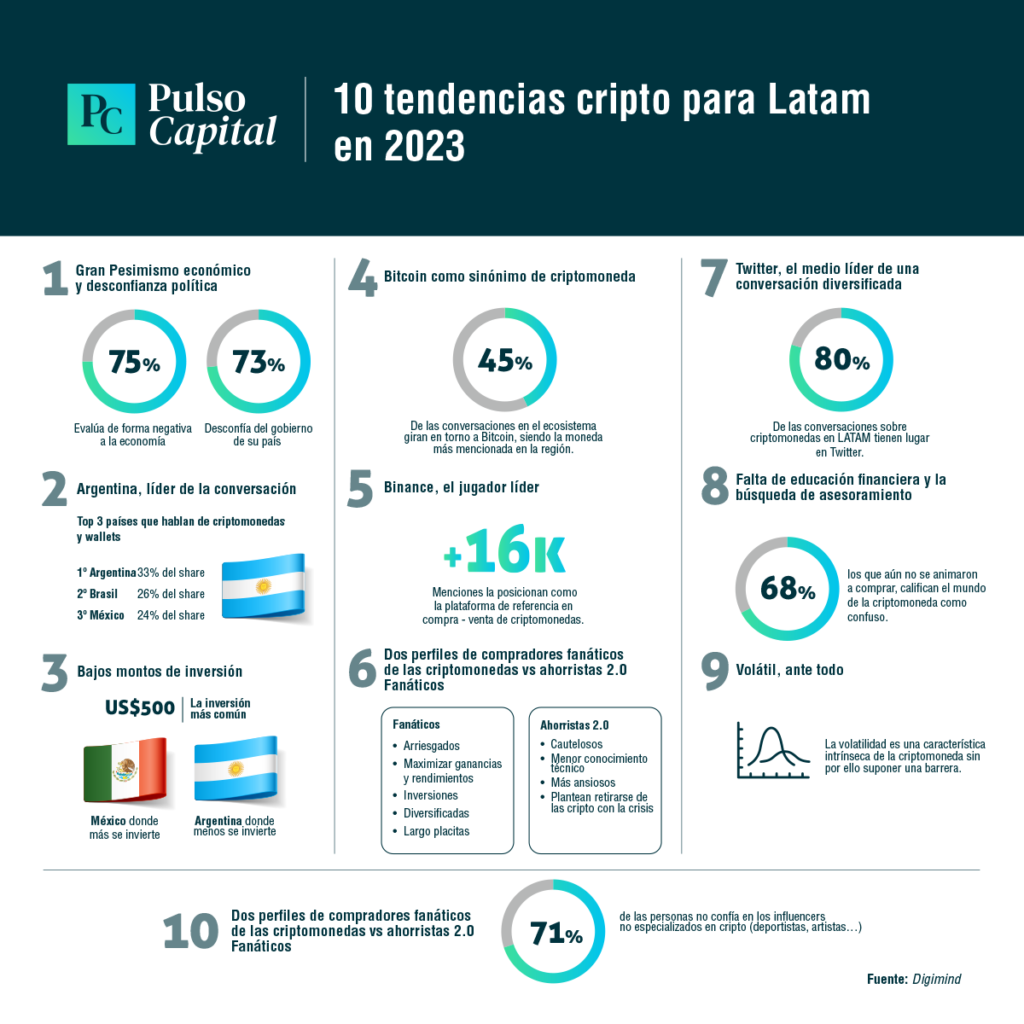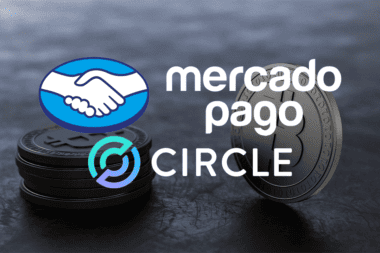Crecy has taken another significant step in its expansion into the Latin American crypto sector by announcing a version of its card backed by Ethereum, the world’s second most popular blockchain. This new product can be applied for in less than 10 minutes and offers a free digital version, with the option of a physical version delivered in no more than three days.
On September 22, 2022, Crecy broke into the Mexican market with its credit card backed by Mastercard and Ethereum, setting a milestone in LATAM. With more than 25 million long-term investors in cryptocurrencies, known as HODLers, in the region, Crecy’s card provides them a way to instantly unlock their crypto assets’ financial potential.
The card allows users to purchase Mexican pesos without selling their tokens, with financing options of up to 12 months. Additionally, the card has no annual fees and offers a significantly lower CAT (Total Annual Cost) than any other credit card on the market. It can be used at over 90 million establishments worldwide that accept Mastercard.
Initial access to the card was granted in September 2022 to 100 early adopters and holders of Crecy’s exclusive NFT, the “Crecy Card NFT.” However, a public version backed by NEAR tokens was launched in April 2022.
For the future, Crecy plans to incorporate features such as cashback in Crecy Coins, cryptocurrency on/off-ramping, a crypto-linked card for real-time spending, and a yield generation tool.
This new crypto-backed credit card service is made in collaboration with Meta Pool, a significant player in the world of crypto asset staking like NEAR and ETH.
Crecy’s launch comes at a time when interest in cryptocurrencies in Latin America is booming, with a flow of USD $562 billion in crypto assets to the region between July 2021 and June 2022.

Founded in 2020, Crecy has previously raised USD $633,000 in pre-seed funding from investors such as Mucker Capital, Platanus Ventures, 500 Global LatAm, CAPEM, and angel investors. In the LATAM context, Argentina leads conversations about cryptocurrencies on social media with 33%, followed by Brazil with 26%, and Mexico with 24%, according to data from Pulso Capital.






